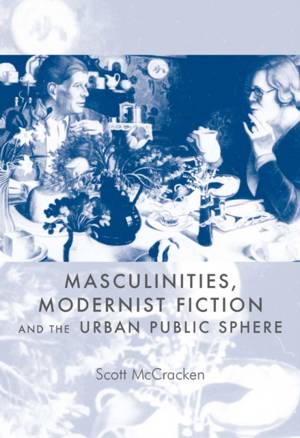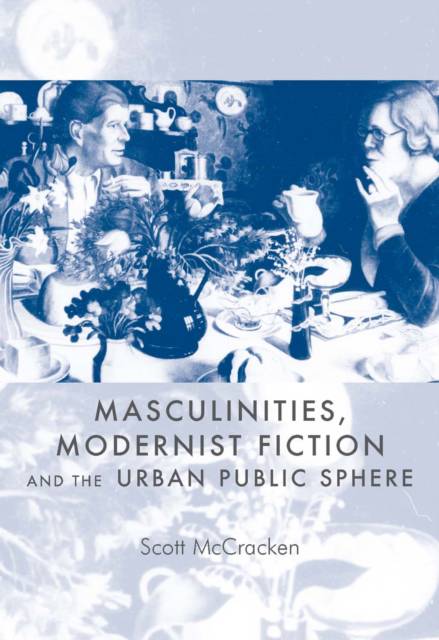
- Retrait gratuit dans votre magasin Club
- 7.000.000 titres dans notre catalogue
- Payer en toute sécurité
- Toujours un magasin près de chez vous
- Retrait gratuit dans votre magasin Club
- 7.000.000 titres dans notre catalogue
- Payer en toute sécurité
- Toujours un magasin près de chez vous
48,45 €
+ 96 points
Description
At the turn of the last century the public culture of Europe's cities underwent a transformation that changed both gender relations and European fiction. Masculinities, modernist fiction and the urban public sphere charts the changing representations of masculinity in modernist fiction in the context of the four most influential cities - London, Dublin, Paris and Prague.
It explores the rise of new masculinities in response to the New Woman at the end of the nineteenth century; how eating and drinking in the city were developed; and discusses the importance of teashops, cafés and restaurants to the emergence of a new literary culture at the turn of the century. Authors discussed include George Gissing, Dorothy Richardson, James Joyce and Franz Kafka. It combines urban cultural history, gender studies and critical theory to produce a startling account of the encounters that took place in the new spaces of the city and the literary forms to which they gave rise. It will be of interest to all those interested in modernist fiction, but equally to cultural historians and those working in gender and urban studies.Spécifications
Parties prenantes
- Auteur(s) :
- Editeur:
Contenu
- Nombre de pages :
- 224
- Langue:
- Anglais
Caractéristiques
- EAN:
- 9780719044847
- Date de parution :
- 31-03-13
- Format:
- Livre broché
- Format numérique:
- Trade paperback (VS)
- Dimensions :
- 156 mm x 234 mm
- Poids :
- 312 g







